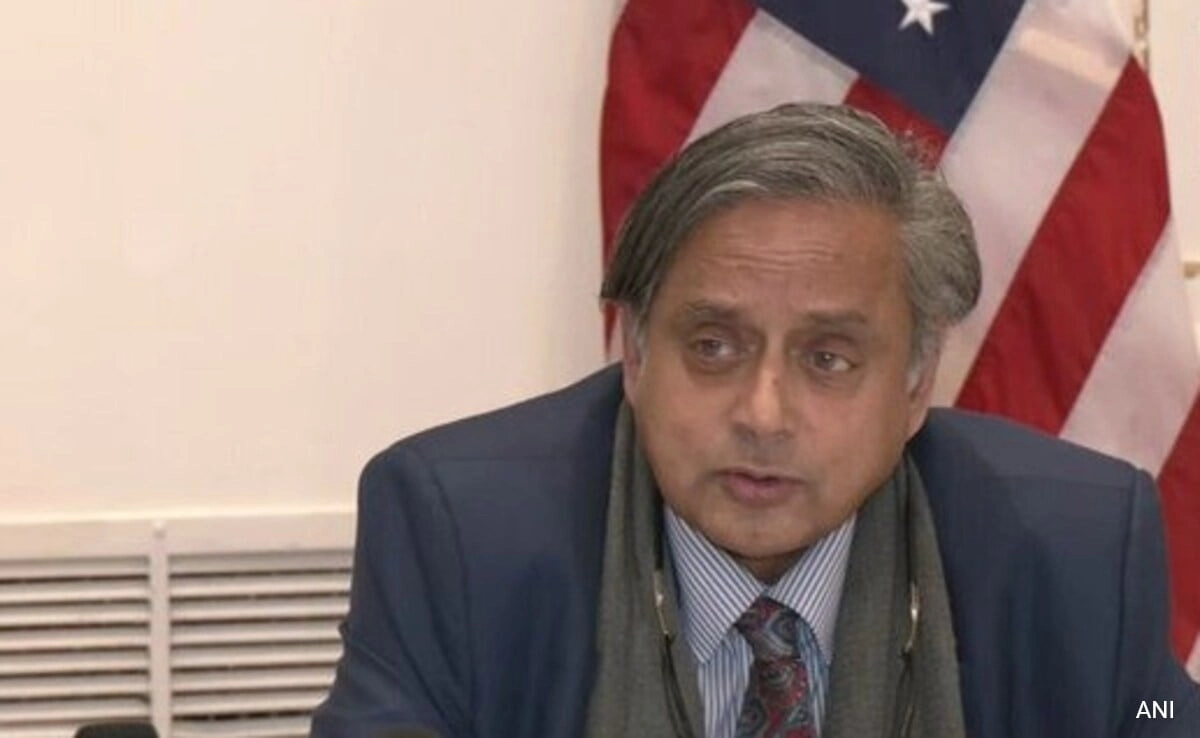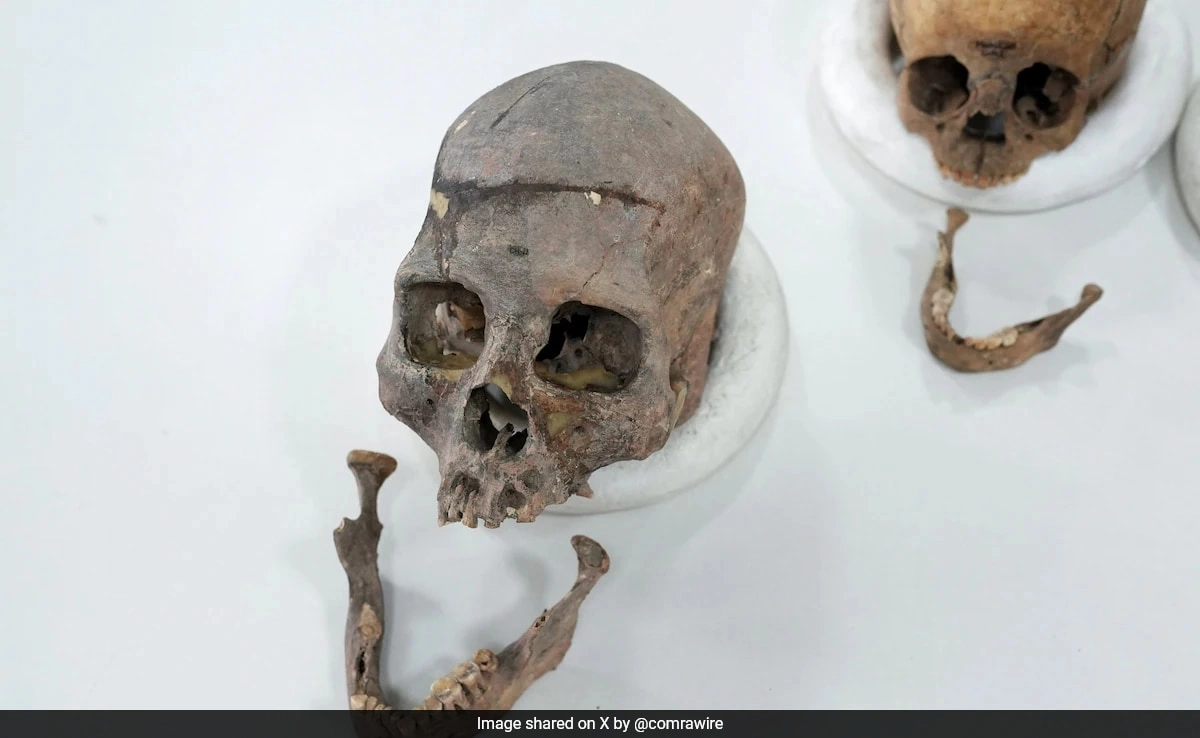Researchers have made significant strides in the development of universal artificial blood, which is currently undergoing clinical trials and holds the potential to revolutionize transfusion medicine. This groundbreaking innovation aims to provide a blood substitute that can be used by patients of any blood type, addressing one of the most pressing challenges in healthcare: the critical shortage of blood donations. With millions of lives depending on blood transfusions annually, the creation of a universal alternative could not only save countless lives but also streamline the process of administering care in emergency situations.
The need for a universal blood product is underscored by the logistical challenges associated with blood transfusions. Traditional blood banks often face shortages, particularly in times of crisis or natural disasters when the demand for blood surges. Moreover, the compatibility issues between different blood types can complicate transfusion procedures, leading to delays and potential medical complications. The development of artificial blood that can be universally accepted would eliminate these concerns, providing a safe, readily available resource for hospitals and medical facilities.
Clinical trials for this artificial blood are currently underway, and initial results have been promising. Researchers are focusing on ensuring that the synthetic blood can effectively transport oxygen and carbon dioxide, mimicking the essential functions of natural blood. Additionally, safety and efficacy are being rigorously tested to guarantee that the new product will not provoke adverse reactions in patients. If successful, this innovation could lead to a paradigm shift in how blood transfusions are approached, ultimately saving millions of lives and reducing the burden on blood donation systems.
The implications of such a breakthrough extend beyond individual patient care. A universal artificial blood product could significantly reduce healthcare costs associated with blood storage, testing, and transportation. It would also alleviate pressures on blood donation campaigns, allowing them to focus on collecting the more rare blood types that are still required for specific medical situations. As the clinical trials progress, the hope is that this artificial blood will not only fill the gaps in current medical practices but also redefine the future of transfusion medicine, ensuring that no patient has to wait for a lifesaving transfusion due to blood type incompatibility or shortages.




